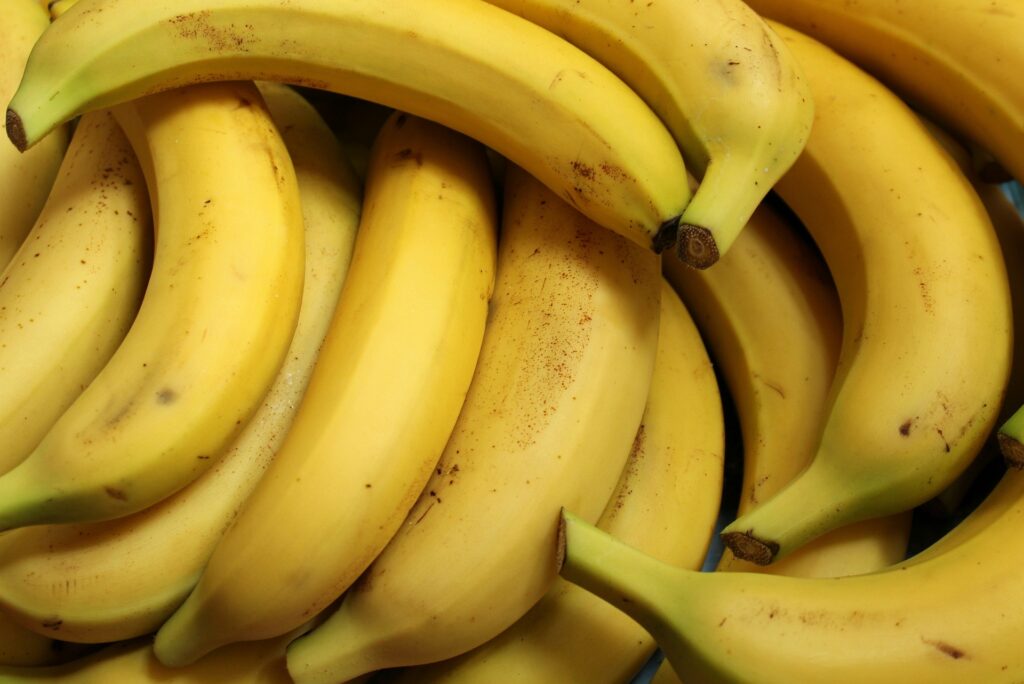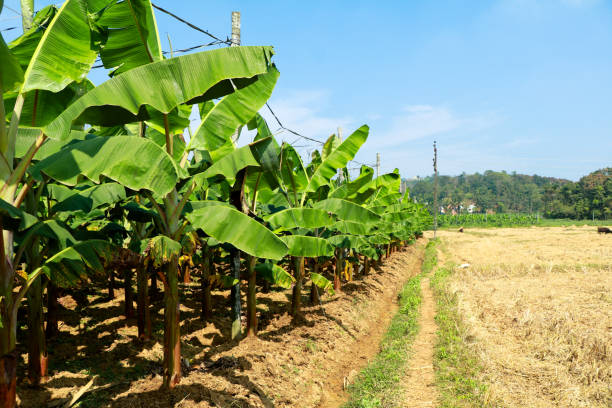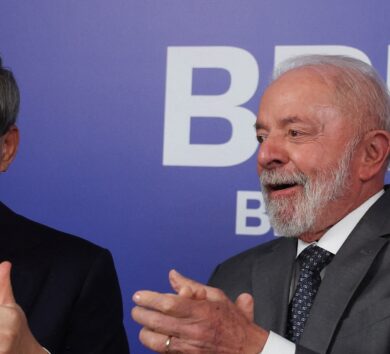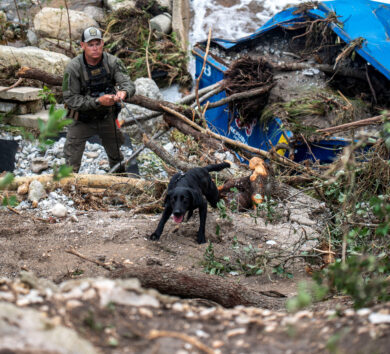

Commercial banana and plantain farmers can benefit from the $38-million Catastrophe Fund established by the Banana Board, if they register before March 31.
The Catastrophe Fund was developed mainly for export farmers in 2007, seeded with funding from the European Union (EU) valued at $31 million and funds from farmers valued at $7 million. It supports the recovery of farmers in the industry who have been affected by natural disasters
Janet Conie, general manager of the Banana Board, said: “We have been going out and educating farmers about the fund so more of them can participate. Participation has been increasing over the last five years. We are hoping that more farmers will take part, so that where there is major damage, they can benefit.”

Conie added: “It [the Fund] triggers only when there is a catastrophe and this happens when 50 per cent of the area in production is damaged. The area is not necessarily an individual farm, it can be a parish.”
To register for the Catastrophe Fund, banana and plantain farmers should have at least one acre or one hectare of land.
Conie explained that “it has to be commercial”, meaning that the farmers live by selling bananas [and plantains] by the recommended standards for commercial production. She also highlighted that farmers should file a production return for the previous year so that they can benefit.

Importantly, farmers interested in registering will have to pay a fee based on how many acres or hectares comprise their farms.
“It’s $1,500 per acre if you registered last year. If you didn’t register last year it is $2,000 per acre. If you want it in metric, persons who registered last year paid $3,750 per hectare. Those who did not will pay $5,000 per hectare,” she informed.
To meet the criteria for registration, fields will be assessed using the Global Positioning System (GPS)/Geographic Information System (GIS) validation as well as the Board’s extension officers.
“We actually didn’t use the Fund until 2009, and we are operating it until today. The Fund is growing. We have made four payouts, so far, for Tropical Storm Nicole, Hurricane Sandy; we had a flood in 2016 and, of course, we paid out last year, after the tropical storm,” Conie said.

Based on the operation of the Fund, a catastrophe is a great and sudden disaster in a large number of groves in a wide area.
It may result mainly from local cyclonic winds, storm surges and/or floods from continual rainfall. Bananas, which are 90 per cent water, are very susceptible to the extremes of weather.
“Climate change is the biggest thing now and you know bananas are directly affected by that. But that has always been the case even before climate change. If it gets too little water, it doesn’t produce well. If it gets too much water, it easily affects the yield and quality if too much water sits in the root. Weather has always been a problem and so the Banana Board came into being for this very thing,” she highlighted.
“The help is in the form of material assistance and the amount used to help the farmers depends on how much is in the fund. This is because it is a fund where people put money into and we don’t know what we will get at any time.”
Janet Conie, general manager of the Banana Board
Conie added that the Banana Board is responsible for the value-added side because production is pulled by markets which are not just for fresh food.
“Bananas have a myriad of value-added products,” she said.
Farmers are reminded that the Catastrophe Fund is not an insurance fund.
“The help is in the form of material assistance and the amount used to help the farmers depends on how much is in the Fund. This is because it is a fund where people put money into and we don’t know what we will get at any time,” she explained.
Although banana and plantain farmers are currently located in zones, the Board is targeting all commercial banana and plantain farmers in every parish, but who are mainly in Portland, St Mary, St James, St Catherine, Clarendon and St Thomas.

“That’s where we have clusters but we do not preclude anyone who has a farm that meets the criteria. You just have to contact us so we can verify you,” Conie said.
To complete the registration process, banana and plantain farmers can visit the Banana Board Office at 10 South Avenue, Kingston Gardens. Persons are encouraged to call 876-922-5490 or 876-922-5490. The Rural Agricultural Development Authority (RADA) parish officers have been asked to help with registration and as such, persons may visit their parish offices.
Send feedback to [email protected].







Comments